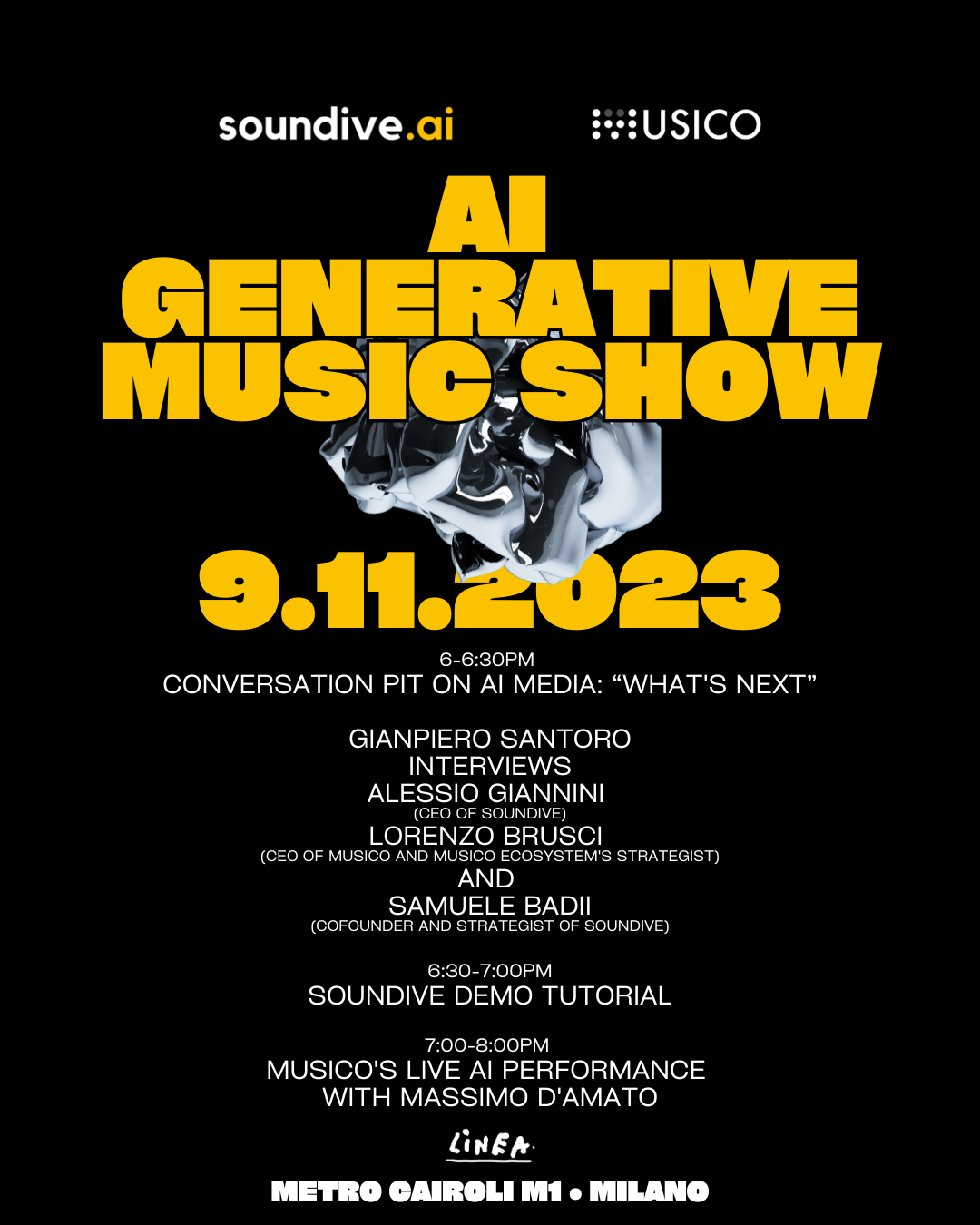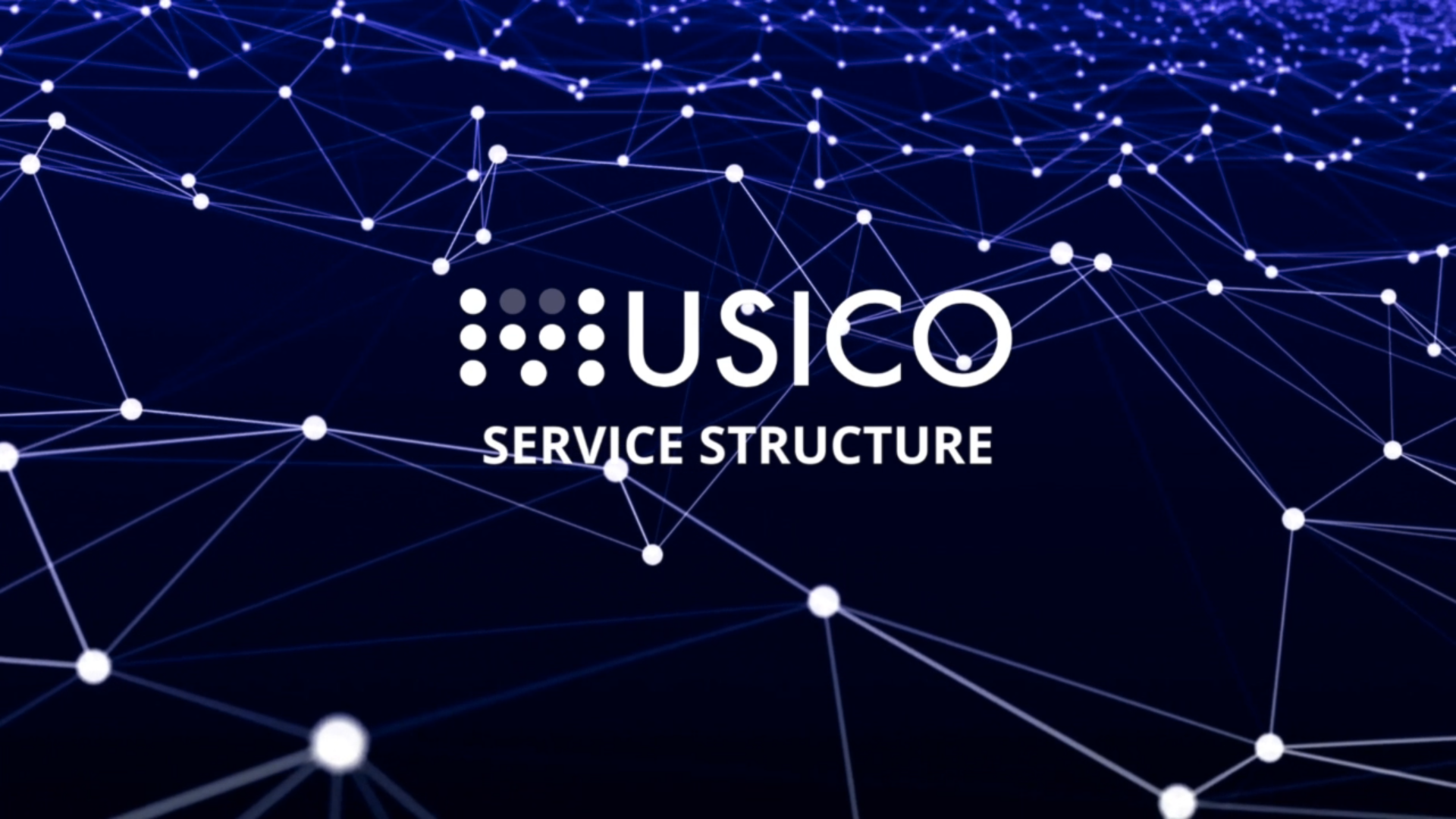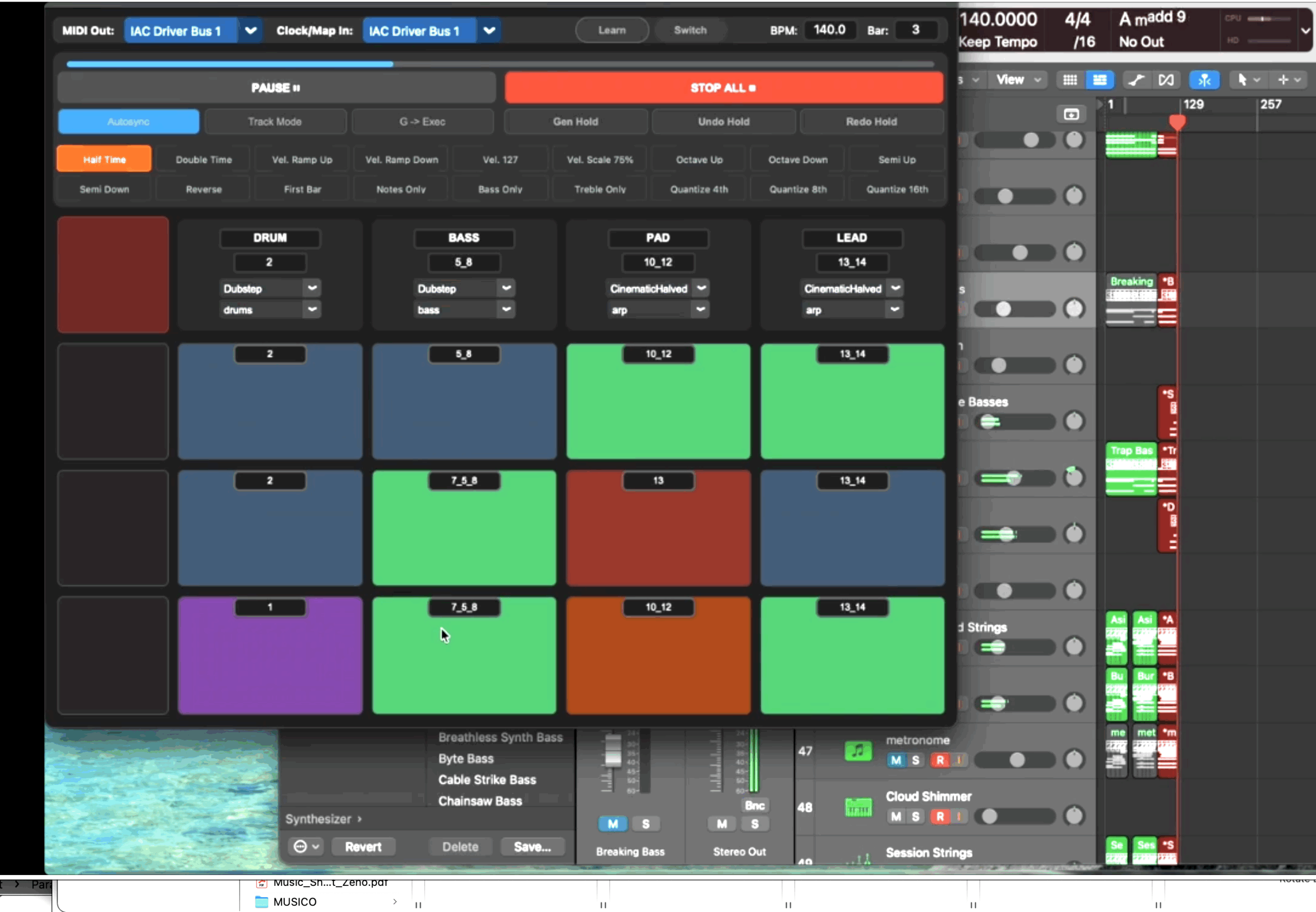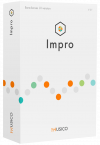The stance taken by @AndreessenHorowitz (#a16z) captures a significant tension in the current landscape of AI development, particularly around the economics of data usage and intellectual property rights.
Investment vs. Intellectual Property Rights: a16z suggests that the investments made in AI development are predicated on the ability to use large datasets, which often include copyrighted materials. The firm is signaling that changing the rules around data usage could undermine the value of these investments. This viewpoint prioritizes economic growth and innovation in AI but might underplay the importance of compensating (by redistributing wealth to) creators and a wider social basis for their contributions.
Fair Use Doctrine: The concept of fair use is critical here. a16z seems to be arguing for a broad interpretation that would exempt AI training from copyright infringement. However, fair use is context-dependent and traditionally balances the interests of copyright holders with broader societal benefits. The firm’s position assumes that AI development is inherently of such benefit that it should override traditional copyright concerns.
Economic Competitiveness and National Security: by framing the issue as one of national security and economic competitiveness, a16z is appealing to a sense of urgency and the strategic importance of AI. This argument suggests that the U.S. cannot afford to encumber its AI sector with additional costs or limitations, as this could hamper its position on the global stage.
Creators’ Rights: on the flip side, there’s an argument to be made that just as AI companies are entitled to protect their IP (like algorithms and proprietary technologies), so too are the creators whose work is used to train these systems. This brings into question how to balance the rights of individual creators (and their extensive social body) with the (TBD&Measured) collective benefits touted by AI development.
Precedent for Future Technologies: the outcome of this debate will set a precedent for future technological advancements. If #ai companies are exempt from paying for copyrighted data, it could establish a norm that the raw materials for technological innovation—data, in this case—are de facto public goods, which could have far-reaching consequences for all (future)content creators.
Global Standards: the international dimension cannot be ignored. While U.S. firms are concerned with domestic policy, the global nature of the internet and international markets means that unilateral decisions by the U.S. could have limited effect if other countries adopt different policies.
The conundrum I have outlined touches on a critical juncture in AI development:
How can we ensure that AI serves as a force for positive (social) impact and equitable wealth distribution without compromising the rights and compensations that have historically driven innovation and creativity?
Ethical AI Frameworks: establishing ethical AI frameworks that consider the fair distribution of wealth and the rights of creators is essential. These frameworks should not only guide the development of AI but also how AI-related wealth is distributed. They can be built on existing intellectual property laws but adapted to consider the unique methodological challenges posed by AI.
Transparent Negotiation Processes: the terms of how AI uses data should be subject to transparent negotiation processes that include a wide array of stakeholders, including creators, AI developers, policymakers, and civil society representatives. This could ensure that all interests are considered and that decisions are not solely driven by the economic concerns of a few powerful entities.
Redefining Fair Use for AI: the concept of fair use may need redefinition in the age of AI. What constitutes fair use in traditional content consumption and creation does not necessarily apply in AI training. Therefore, there’s a need for updated legal frameworks that recognize the new ways AI uses copyrighted content.
Creator Compensation Models: innovative compensation models for creators whose work contributes to AI development could be a way forward. This might include micro-licensing, revenue sharing, or one-time payments for the use of copyrighted materials in AI datasets.
Investment in AI Literacy and Job Transitioning: as AI transforms the job market, investing in education and job transitioning programs is crucial. These programs should aim at empowering current and future generations to understand AI and leverage it in creating new jobs and opportunities.
Promotion of Open Data and Open Access: encouraging the use of open data for AI training can minimize conflicts over copyrighted content. While not all data can or should be open, expanding open access initiatives could provide AI developers with the vast amounts of data needed for training without infringing on copyrights.
Participatory Design and Governance: AI should be designed and governed in a participatory manner, including diverse perspectives to ensure that it meets the needs of different groups within society. This helps in creating AI applications that are more inclusive and beneficial to a broader population.
Innovative IP Approaches: We may need to reconsider how intellectual property is defined and enforced in the age of AI. One possibility is the creation of new categories of IP that are better suited to the digital and AI-driven world, which might include different levels of rights and rewards for different types of contributions.
See to this regard Musico’s approach tending to maximize the contributive to determine the novelty and co-learning factors. A quick guide to Musico’s approach to Ai content management:
- @Musico We train our models in “full in-house copy-right”, and We Ai-generate in Public Domain: We design Ai-Music instruments;
- We aim at measuring Tech&Aesthetic-novelty introduced by any agent, human or synthetic;
- We aim at significantly paying back any human agent contributing to the creation of value – see our project HAICU, just launched – for more information, just write to us :: info@musi-co.com ::
In summary, educational systems have traditionally relied on freely available information, promoting new and innovative perspectives and practical realities. However, with the advent of AI, there is the potential for a rapid acceleration in the growth of knowledge and its monetization, raising concerns about the equitable distribution of benefits. This mirrors, for example, the dynamics of the printing revolution, where technological and educational advancement took place over centuries, with political and methodological considerations that saw Renaissance development conglomerate in the Franxcese revolution and socialist sociocompensatory ideologies. As we navigate this AI-driven era, we must be aware of new social demands, transitional and newly created rights, ontologies, values, and sensibilities emerging, while recognizing that such transitions may not be at all as long as in the past. In a world of ultramodern individuals seeking high standards of living, neglecting and reapplying the lessons of history to ultramodern time could lead to disastrous consequences.
Lorenzo Brusci for the MUSICO ecosystem
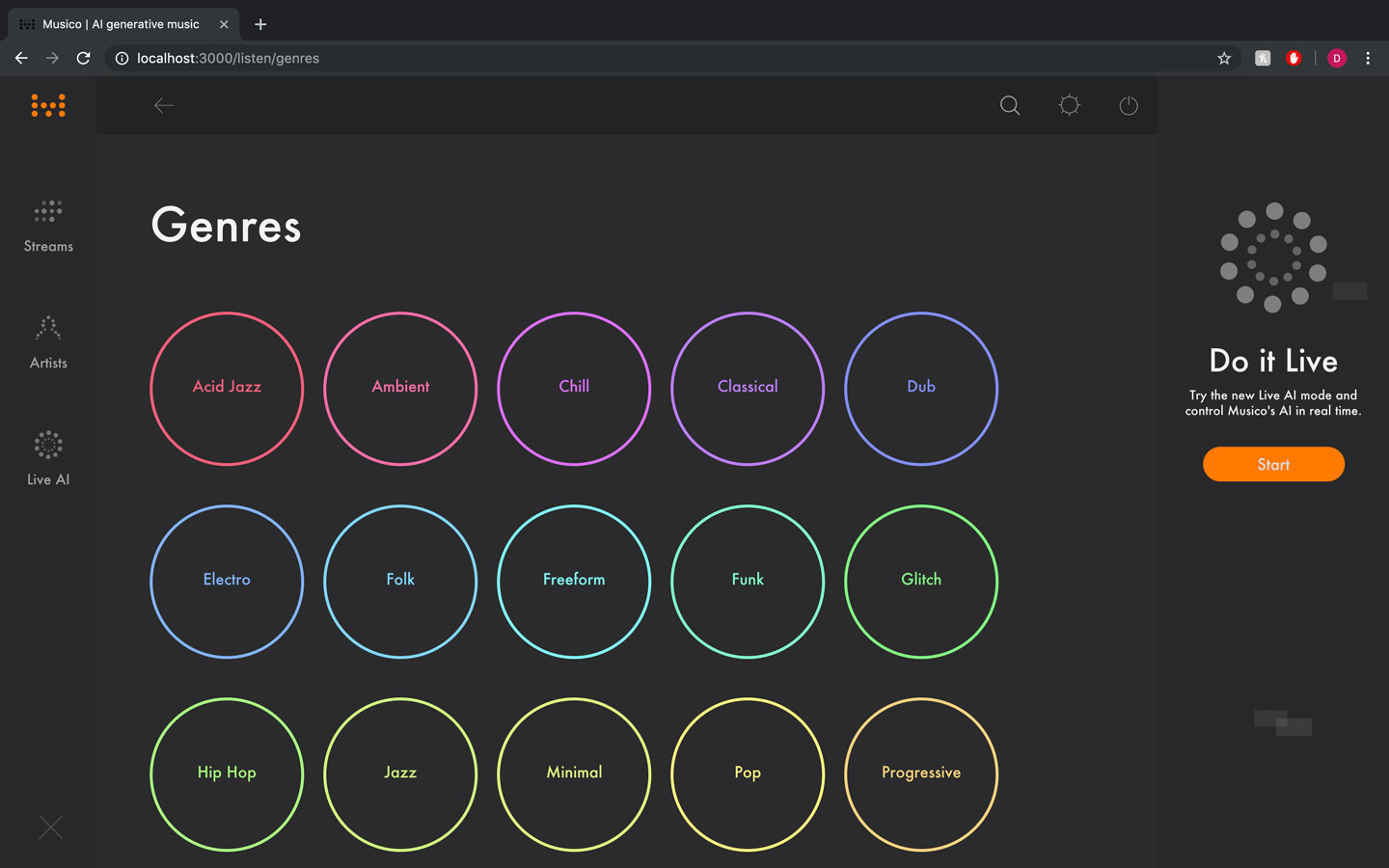

![Musico and Soundive united present: the Generative Ai Show [the Music chapter]](https://www.musi-co.com/wp-content/uploads/2023/11/LINEA_event_polisketch.010.jpeg)
